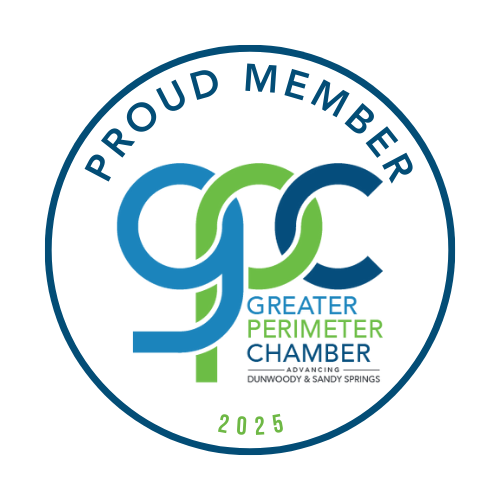Breaking Free from Codependency in Addiction Recovery

While addiction can be an incredibly lonely experience, it often doesn’t exist in a vacuum. In many cases, addiction is intertwined with codependency – a toxic relationship dynamic where one person relies on another to fulfill their emotional needs and sense of self-worth. Codependency can manifest in various forms, such as enabling behaviors, caretaking, or […]
Embracing Forgiveness in Addiction Recovery

Guilt, shame, embarrassment, and unnecessary self-blame. All of these emotions are common for people in the recovery process, but they shouldn’t be. Substance use disorder is a chronic disease that can take years to heal from, not simply a lifestyle choice. Learning to forgive oneself is a crucial step in the recovery process. But how […]
How to Set Goals For Long-Term Recovery

Recovery from addiction is not just about achieving sobriety; it’s about building a fulfilling, purpose-driven life. Setting goals is a powerful way to maintain motivation, track progress, and ensure lasting success in recovery. Whether you’re in the early stages or years into your journey, clear and actionable goals can guide you toward long-term wellness. Why […]
How to Identify Relapse Triggers

Recovery from addiction is a courageous journey that requires commitment, resilience, and self-awareness. One of the most significant challenges during recovery is identifying and managing relapse triggers—situations, emotions, or experiences that may lead to a return to substance use. By understanding these triggers and developing coping strategies, individuals can strengthen their recovery and build a […]
What Is Addictive Personality Disorder?

While substance abuse and behaviors often take the spotlight, some wonder if there is an addictive personality disorder (APD). This article explores the idea of addictive personality disorder (APD) and how characteristics of an addictive personality can affect a person. To round things off nicely, we’ll touch on how Atlanta Recovery Place, a leading addiction […]
Are There Alternatives to AA?

Alcoholics Anonymous (AA) has been a known and respected program for helping people recover from addiction since its establishment in 1935. With its 12-step approach and supportive community, AA has assisted individuals worldwide in achieving and sustaining sobriety. Its focus on spirituality and peer encouragement has solidified its position as a resource in addiction treatment. […]
Breaking Down Barriers in Treatment

The path to addiction treatment is often filled with obstacles that can make it difficult for people to seek and access the help they require. Addressing and removing these barriers is essential to enhancing the availability of addiction treatment and promoting recovery. This piece delves into the challenges faced in addiction treatment and ways to […]
Strategies for Coping with Cravings in Recovery

Cravings pose challenges during the process of overcoming addiction. Whether triggered by surroundings or internal conflicts, they can quickly hinder progress and steer individuals back into unhealthy behaviors. Effectively managing cravings is essential for staying sober and achieving long-term recovery. In this blog post, we explore the complexities of cravings concerning recovery, highlighting the importance […]
Embracing Vulnerability in the Recovery Process

In the journey of overcoming addiction, vulnerability plays a crucial, often misunderstood role. It is not a sign of weakness but a profound strength that empowers individuals to face their struggles with bravery and honesty. Embracing vulnerability in the recovery process means being willing to show one’s imperfections without worrying about criticism or rejection. It […]
Tips for Coping With Cravings in Recovery

Cravings and addiction are deeply intertwined, creating challenges for those striving to overcome them. Managing cravings during recovery is a skill that can determine the success of maintaining sobriety in the run. This article will delve into the complexities of cravings, discuss strategies for handling them, and highlight support resources, including those from Atlanta Recovery […]






